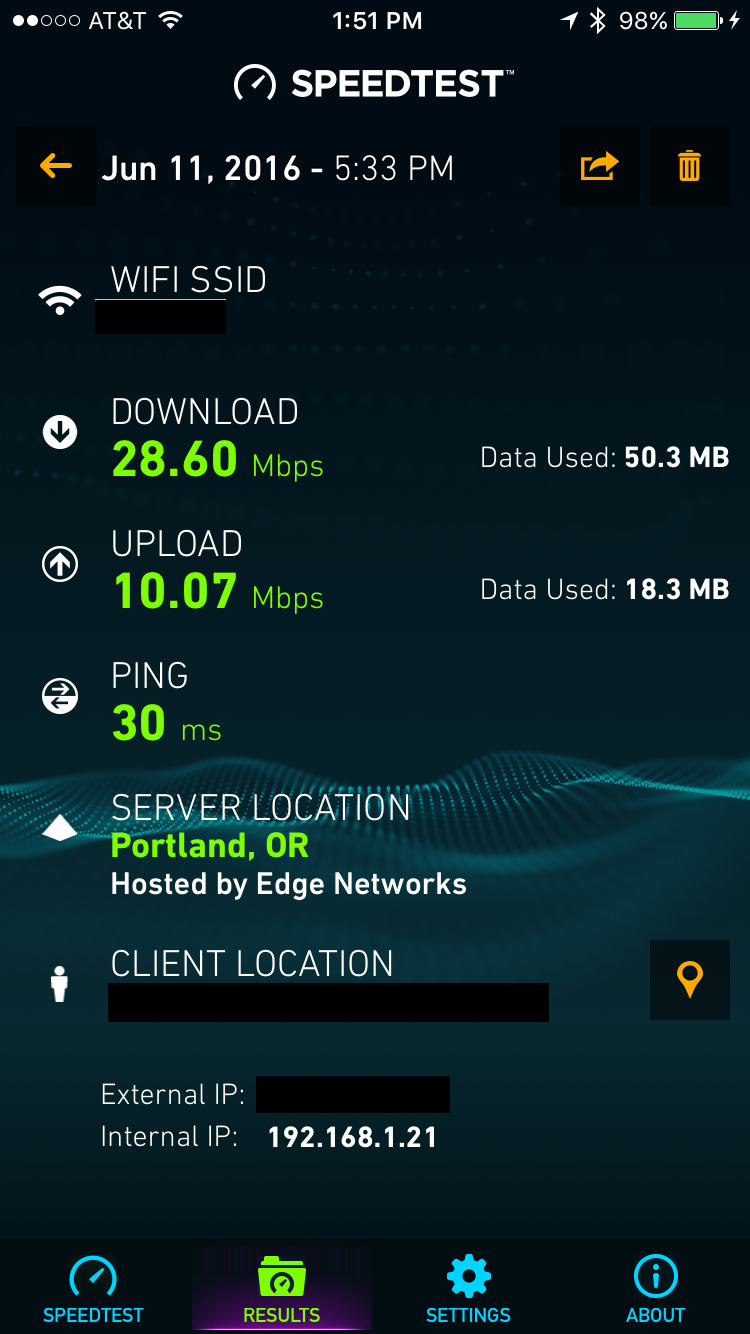We've come a long way with technology through the years, so much so that it has given many people the flexibility to work from home. The ability to challenge the status quo of traditional office jobs lures many of us to regularly take advantage of this “perk.” At the same time, this work-from-home capability can negatively impact both productivity levels and our overall health. For example, the desire to wander off and mindlessly snack throughout the day, or the tendency to stay holed up in the house far into the evening hours can become a regular occurrence.
How do we make sure our home serves as both an escape from work and one that encourages increased productivity and an overall positive state of well-being? It’s all about finding the right balance between work and play. By incorporating the simple tips below, you’ll be on the right track for staying healthy and productive the next time you’re working from home.
1. Get plenty of sleep
We’ve all heard a lot about the overall health benefits of good sleep. But did you know that according to the RAND research group, the U.S. loses $411 billion each year because of poor productivity due to lack of sleep? In fact, not only is our production impacted, but frequent sleep deprivation can affect our brains in more negative ways than you would think.
For one, there is a strong connection between lack of sleep and depression. Studies have shown that people who have insomnia are more likely to be both depressed and anxious. Additionally, a good night’s sleep can help prevent the buildup of toxins attributed to the onset of Alzheimer’s disease - ostensibly, these toxins are flushed by the body when we get a decent amount of shut-eye.
Set yourself up for success from both a work-from-home and a general well-being standpoint by getting between 7-9 hours of sleep each night. Better yet, incorporate the tech aids I've discussed in the past into your routine for an even better slumber.
2. Invest in the right equipment
If you're anything like me, your computer may be your single most-used piece of equipment during the work day, so make sure it helps you achieve maximum productivity. Do your research and invest in a quality laptop that will allow you to get the job done, especially if you’re working as an entrepreneur or freelancer. Take into consideration key factors like cybersecurity and storage space, both of which you’ll find on laptops like HP's business laptops. It just so happens that 2016 was a record-breaking year for the number of data breaches, so it’s now more important than ever to ensure that your work is always protected.
If you like to store your information and business files on your laptop, you'd better have backups. Purchase an external hard drive and rent cloud storage to ensure that you’ll have access to your files even if you do experience a tech emergency. Online storage options like Dropbox and Google Drive can provide the necessary backups for one-person businesses or small-business solutions.
3. Wake up earlier
Some may find it difficult to fully wake up without hitting the snooze button a few times, but this new study may have you rolling out of bed as early as you can. According to Science Daily, "morning people" tend to make smarter, healthier decisions when it comes to food.
Not only do our biological clocks influence when we wake up, they also impact our metabolism. By rising early, participants in a recent research study ate a healthier breakfast and continued to make smarter food choices throughout the day unlike their night owl opposites.
If the thought of waking up earlier is still a little daunting to you, actively attempt to go to bed earlier in the night to make the sound of your alarm just a bit less jarring. If you're an iPhone user, take advantage of iOS 10's "bedtime" feature that reminds you when it's time to go to bed so you get enough sleep before your target bedtime.
4. Make your workspace gadget-free
Our mobile devices and other tech gadgets have grown to become an extension of ourselves in the past decade, amplifying their potential to become never-ending distractions. Whether it’s a phone call from mom, a notification that someone liked your Instagram photo, or even the cheerful ring indicating you’ve just received a text, cell phones and other always-on tech can negatively impact our productivity.
To solve the problem of being sidetracked by notifications, consider making your workspace a gadget-free area. The average person checks their phone around 110 times per day, so imagine how much time you’d have to get your work done if you didn’t waste it doing just that.
Many phones have "Do not disturb" features that can help by silencing alert and incoming messages. This is very useful, especially if you're about to dig into a project that requires deep concentration.
What about you - do you have any techniques of your own that help you stay healthy and productive while working from home? Share in the comments below!








